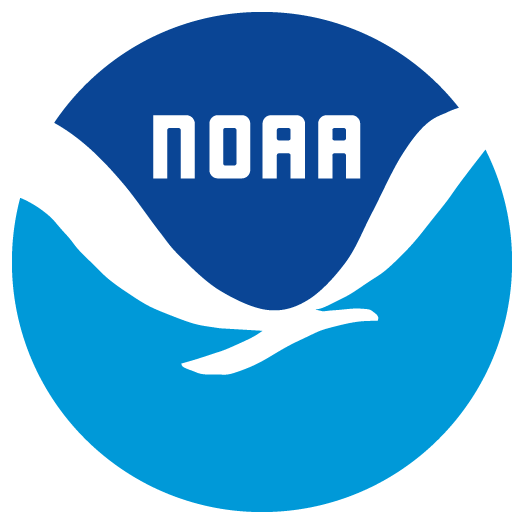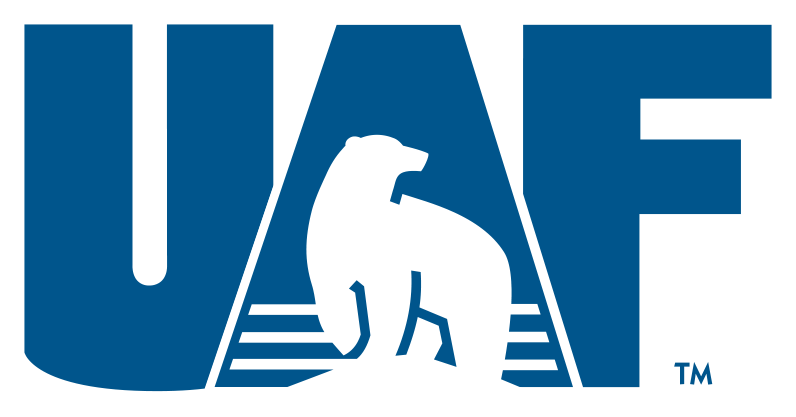A Sustainable Future: Fish Processing Byproducts
Hilton Portland and Executive Tower
February 25–26, 2009
Contact: Meeting coordinator, seagrant.meetings@alaska.edu
Alaska has experienced large commercial fish landings, and worldwide there has been nearly exponential growth of fish aquaculture over the last decade. These developments, along with the increasingly visible health benefits of polyunsaturated fatty acids found in cold-water fish oils, point to new and lucrative product forms that can be created from seafood processing byproducts such as protein meals, fish oils, solubles, and fish bone. Much of the processing byproduct derived from fish being prepared for human consumption can be made into human food ingredients.
The goal of this symposium is to bring together those in industry, academia, agencies and others to look forward, to define the needs of end users, and to stimulate development of lucrative new products from byproducts.
- Background
- Goal
- Program
- Call for papers
- Abstract submission form
- Agenda
- Proceedings Book
- Location and facilities
- Registration information
- Steering committee
- Symposium contact information
Sponsored by the Alaska Fisheries Development Foundation

Background
Commercial fish landings in Alaska have averaged roughly 2 million metric tons over the past five years. Given moderate recovery rates of about 25%, up to 750,000 t of processing byproducts are generated annually in Alaska food fisheries. The byproducts from seafood processing are ground to a specified size and discharged into nearby waters; or they are formed into fish protein meal, fish oil, fish solubles, or stickwater and fish bone meal through the wet-reduction method.
Nearly exponential growth of fish aquaculture over the past decade has driven up the fish oil price to $2,200 per ton, and the fish protein meal price to $1,200 per ton for 65% protein fish meal. The significant ecological consequences of industrial fisheries, dedicated wholly to making fish meal for aquaculture and agriculture feeds, have been recognized recently; federal agencies are looking toward supplanting fish meal in the diets of aquaculture species with plant protein concentrate scrubbed of anti-nutritional factors. Recent research has shown that a small amount of fish protein meal added to the plant protein concentrate can recover the diminishment in growth rates seen with fish fed on plant protein diets alone.
These developments, along with the increasingly visible health benefits of polyunsaturated fatty acids found in cold-water fish oils, point to new and lucrative product forms that can be created from seafood processing byproducts such as protein meals, fish oils, solubles, and fish bone. Much of the processing byproduct derived from fish being prepared for human consumption can be made into human food ingredients.
Goal
In this symposium our goal is to bring together those in industry, academia, agencies and others to look forward, to define the needs of end users, and to stimulate development of lucrative new products from byproducts.
This is the third in a series of symposia on the byproducts of seafood processing. The proceedings from the first meeting, Making Profits Out of Seafood Wastes, focuses on the kinds of systems that were available for implementation in the early 1990s. The proceedings of the second meeting, Advances in Seafood Byproducts: 2002 Conference Proceedings, edited by P.J. Bechtel, focuses on the chemistry of fish protein meal, fish oils, stickwater, and bone meal that were available in 2000.
Program
Oral presentations and posters addressing the seafood processing byproducts theme are sought covering the following topics:
- Status of Alaska fisheries waste production and utilization
- What can we glean from the rest of the world?
- Community and economic considerations—fuel vs. food
- Byproducts from wild and aquaculture harvests
- Salmon waste production and utilization
- Exploding options for fish oils
- Meeting specific dietary requirements for fish
- Fish protein: fertilizers and organics
- Food and nutraceuticals
- Naturally derived factors, functional foods, biologicals
- Cosmetics and other industrial opportunities
- GAGS, mineral supplements, marine chondroitin
- Potential markets for seafood byproducts
- Economic modeling and feasibility studies
- Marketing as the driver of the research agenda
- Wet-reduction systems
- Smaller/portable fish meal systems: available and emerging technologies
- Modified silage processes
Agenda
The agenda has been posted on the Web and will be updated as needed.
Proceedings book
Sea Grant will publish a proceedings book, including full papers based on oral and poster presentations, soon after the symposium. All meeting presenters are expected to submit a manuscript. Download manuscript preparation guidelines [PDF; 152 KB].
Location and facilities
All meeting sessions will be held at the Hilton Portland and Executive Tower in Portland, Oregon. The Hilton offers many guest amenities such as in-house dining, exercise equipment, pool and spa, and high-speed Internet (fee). Guest rooms offer river, mountain, and city views.
Guest rooms will be available at a special meeting rate of $110 per night plus tax.. The meeting rate is available February 19 through March 1, in the main hotel (not the Executive Tower).
Reservations by phone
800-445-8667 — US and Canada toll free
01-800-003-1400 — Mexico toll free
503-226-1611 — Direct toll call
Group code is PFS
Reservations online
Go to http://www.portland.hilton.com and enter the dates of your stay. Under "Special Accounts," enter PFS in the "Group/Convention Code" box. You will then be offered the group discount rate of $110/night.
Hilton Portland and Executive Tower
921 SW Sixth Avenue
Portland, Oregon 97204
Tel: 1-503-226-1611
Fax: 1-503-220-2565
Email: pdxph.salesadm@hilton.com
Transportation to hotel
Transportation from the Portland Airport to the Hilton Hotel is easiest via the MAX light rail.
Buy a ticket at the ticket machine before boarding. You will need an "All Zone" ticket that costs $2.30. Board the MAX "Red Line to City Center & Beaverton TC" train at the Portland Airport. (There is only one stop and one train.) Stay on the Red Line all the way to downtown Portland and get off at the Pioneer Square stop. The Hilton is one block south of Pioneer Square (across the square from the MAX stop and one block further).
Registration
The registration fee for this conference is $125.00 US if paid on or before February 12, 2009. Late registration fee will be $150.00 after February 12. The fee covers morning coffee and break refreshments daily, a reception and poster session on February 25, symposium materials, and a published proceedings book, postage paid. You are urged to register and pay your fees in advance so that adequate materials are available.
If you have any questions or need further information, please contact Sherri Pristash at s.pristash@uaf.edu or 907-474-6701.
Steering committee
- Dr. Peter J. Bechtel
USDA-ARS Program
Subarctic Agricultural Research Unit
University Alaska Fairbanks
School of Fisheries and Ocean Sciences
Fairbanks AK 99775
Phone: 907-474-2708
Email: Bechtel@sfos.uaf.edu - James Browning
Executive Director
Alaska Fisheries Development Foundation
431 W 7th Ave #106
Anchorage, AK 99501
Phone: 907-276-7315
Email: jbrowning@afdf.org - Dr. Scott Smiley
Fishery Industrial Technology Center
University Alaska Fairbanks
School of Fisheries and Ocean Sciences
118 Trident Way
Kodiak, AK 99615
Phone: 907-486-1513
Email: smiley@sfos.uaf.edu
Symposium contact information
Sherri Pristash, Symposium Coordinator
Alaska Sea Grant College Program
University of Alaska Fairbanks
PO Box 755040
Fairbanks, AK 99775-5040
USA
Phone: 907-474-6701 • Fax: 907-474-6285
Email: s.pristash@uaf.edu


